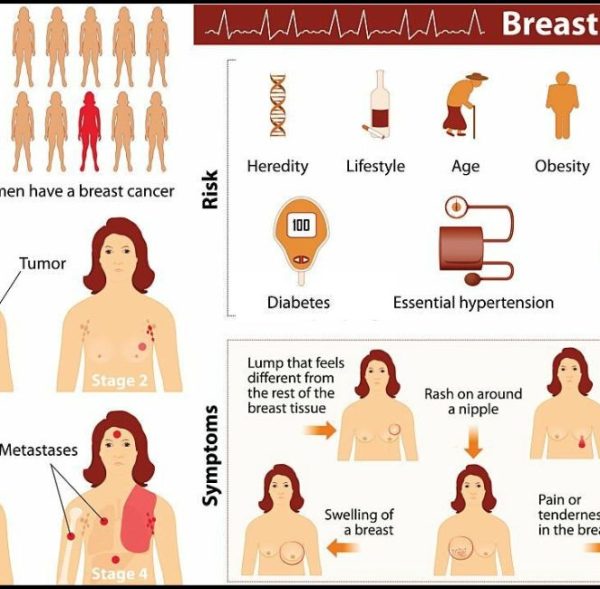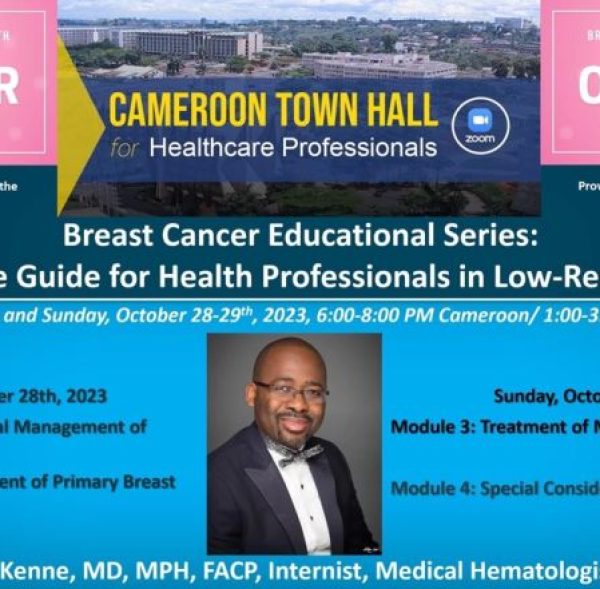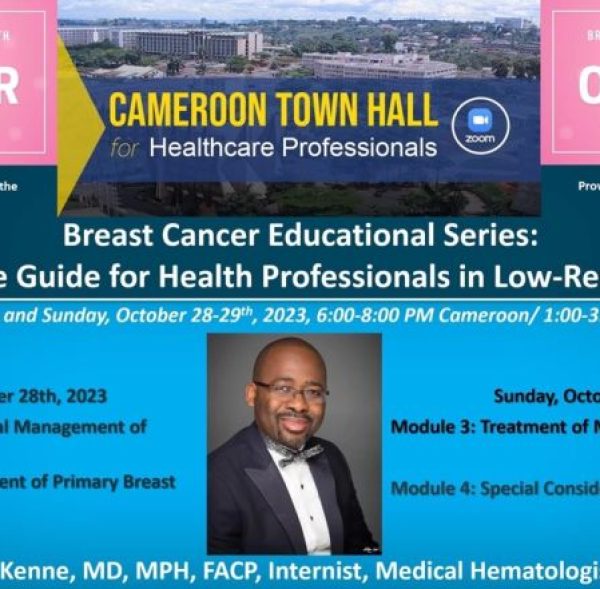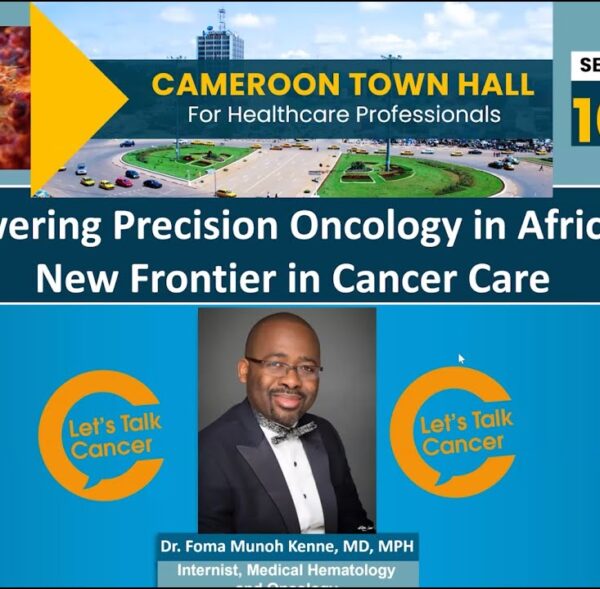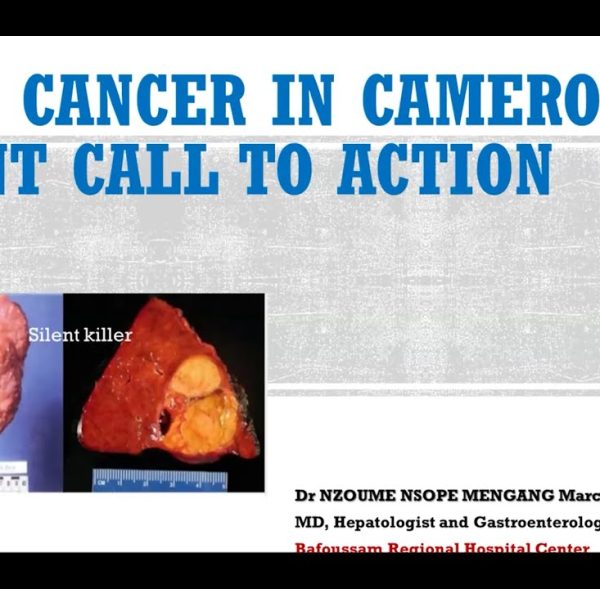Portfolio
The Future of HIV Treatment and The Hope for A Cure
Overview
The meeting focused on recent advancements in HIV treatment and ongoing research aimed at finding a potential cure. Experts from various fields shared insights on the current landscape, innovative therapies, and future directions.
Key Points Discussed
Current Treatment Landscape
- Antiretroviral Therapy (ART): Experts highlighted the effectiveness of ART in managing HIV, enabling individuals to maintain an undetectable viral load and live healthy lives.
- Long-Acting Formulations: New long-acting injectable options were discussed, which reduce the frequency of dosing from daily to monthly or even quarterly, improving adherence and quality of life.
Innovative Research
- Gene Editing Techniques: Discussions included CRISPR and other gene-editing technologies that show promise in targeting and eliminating the virus from infected cells.
- Therapeutic Vaccines: Research into therapeutic vaccines aimed at boosting the immune response against HIV was presented, with early trials showing promising results.
HIV Cure Research
- Stem Cell Transplants: The success stories of individuals who achieved long-term remission post-stem cell transplant were shared, emphasizing the need for more accessible and less invasive methods.
- Broadly Neutralizing Antibodies (bNAbs): The role of bNAbs in neutralizing various strains of HIV was discussed, with ongoing studies exploring their potential in both treatment and prevention.
Challenges and Considerations
- Access and Equity: Participants emphasized the need to address disparities in access to treatment and research, particularly in low-resource settings.
- Stigma and Mental Health: The impact of stigma on treatment adherence and mental health in individuals living with HIV was acknowledged, prompting discussions about holistic approaches to care.
Future Directions
- Collaboration and Funding: The importance of collaborative efforts among researchers, healthcare providers, and organizations to accelerate research and improve treatment options was stressed.
- Public Awareness and Education: The need for ongoing education to dispel myths about HIV and promote understanding was emphasized as a key component in the fight against the epidemic.
Conclusion
The meeting concluded with a shared sense of hope and determination. While significant challenges remain, the advancements in treatment and research present an optimistic outlook for the future of HIV management and the pursuit of a cure. Participants expressed gratitude for the ongoing efforts and collaborations aimed at eradicating HIV.
Next Steps
- Follow-up meetings to discuss ongoing research developments.
- Initiatives aimed at improving access to new treatments, particularly in underserved communities.


